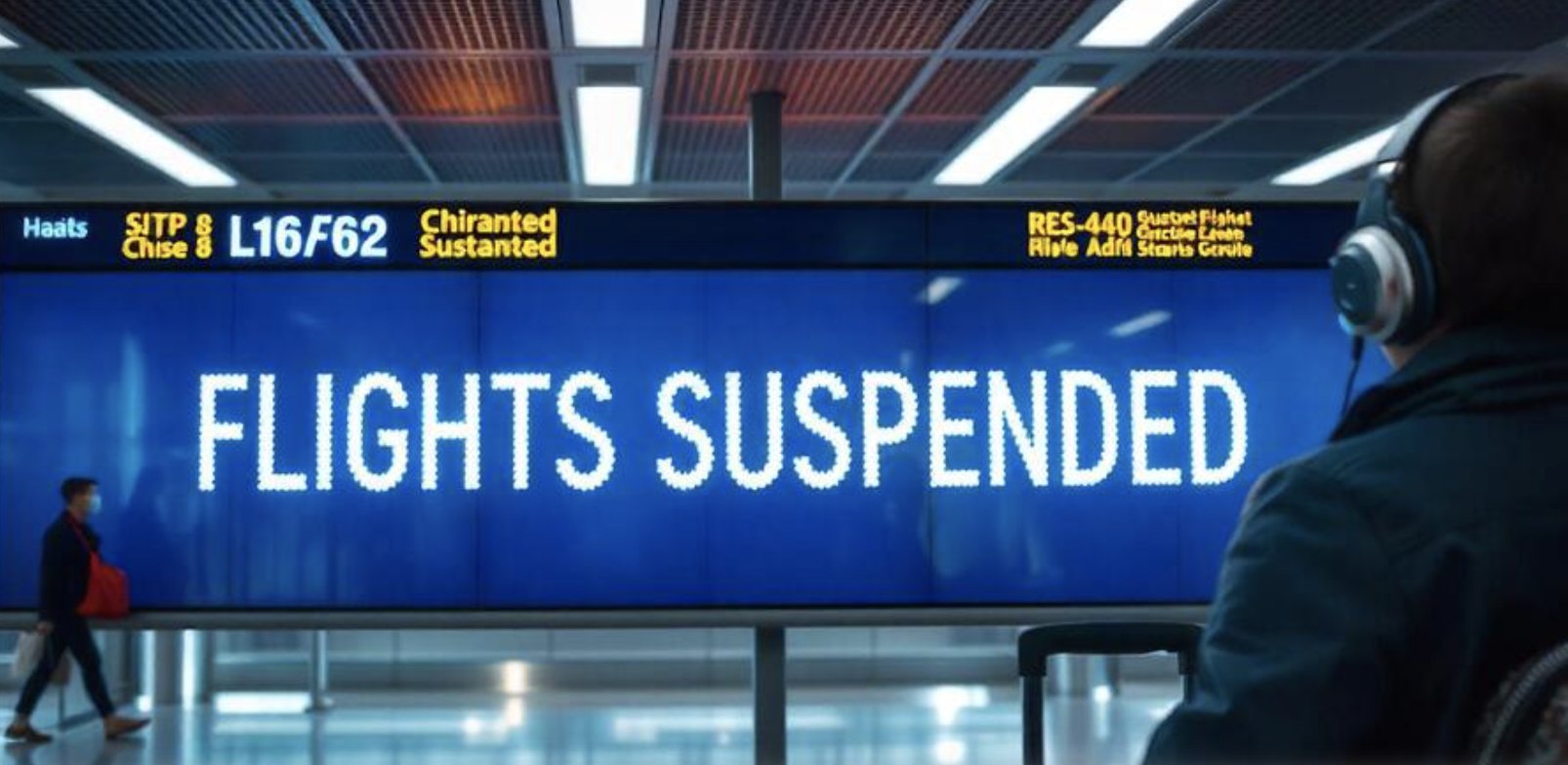
Israel’s main international airport, Tel Aviv’s Ben Gurion Airport, has been closed for over six days, marking the longest shutdown in Israel’s 76-year history due to the ongoing conflict with Iran. The closure began shortly after Israel launched strikes on Iranian military and nuclear enrichment sites on the night of June 12-13, 2025, prompting the closure of airspace across the Middle East.
The airport’s shutdown has created significant travel disruptions, stranding thousands of Israeli citizens abroad and foreign visitors in Israel. Israeli flag carrier El Al was authorized on June 17 to operate recovery flights to bring citizens home. The airline reported its first repatriation flights landed on June 18 and announced that over 70,000 people had registered for these flights.
Recovery flights are being gradually operated from destinations including Larnaca, Paphos, Budapest, Athens, Milan, Rome, and London (Luton), subject to government approval.
The closure follows an intensification of military operations in the region. Israeli airstrikes targeted key Iranian nuclear and military sites, including a centrifuge manufacturing workshop in Isfahan province and military installations in Shiraz and Khuzestan province. The International Atomic Energy Agency (IAEA) confirmed strikes on Iran’s Natanz nuclear site, noting no radiological consequences.
Iran retaliated with multiple missile and drone attacks on Israeli cities, including Tel Aviv, Haifa, and Jerusalem, resulting in casualties and damage to civilian infrastructure.
The conflict has escalated to include proxy groups such as Hezbollah and the Houthis, who have launched attacks on Israeli territory. The United States has been involved in defensive operations, shooting down Iranian missiles and drones, and on June 21, it conducted strikes on three Iranian nuclear sites, further intensifying the conflict. President Donald Trump has reviewed military options but has delayed further action, awaiting Iran’s response to diplomatic pressure.
Major international airlines, including U.S. carriers Delta and United, have suspended flights to Israel due to the airspace closure and security concerns. The last full closure of Ben Gurion Airport was on October 1, 2024, following a missile attack from Iran, but the current shutdown is unprecedented in length and impact.
Israeli authorities have indicated preparations to resume outbound flights with strict passenger limits, prioritizing humanitarian and security-related travel.
The airspace was temporarily reopened on June 22 to facilitate repatriation flights, reflecting ongoing efforts to restore normalcy amid the conflict.
This prolonged airport closure underscores the severe disruption caused by the Israel-Iran conflict, which has rapidly escalated since mid-June 2025, involving extensive military strikes, drone activity, missile barrages, and international diplomatic maneuvers. The situation remains volatile, with the potential for further escalation affecting regional stability and global security.

.jpg)




.jpg)













.jpg)









.jpg)


























